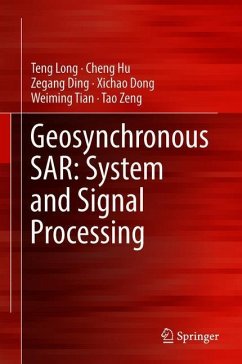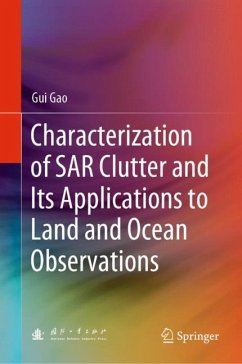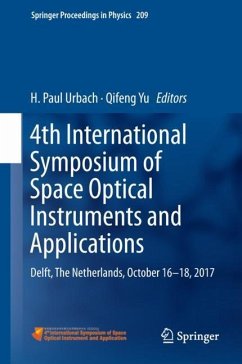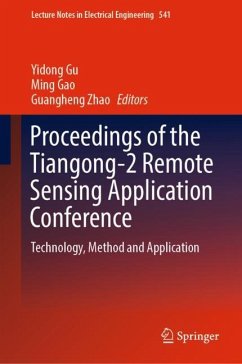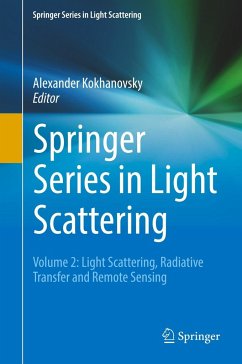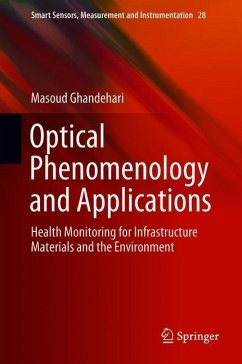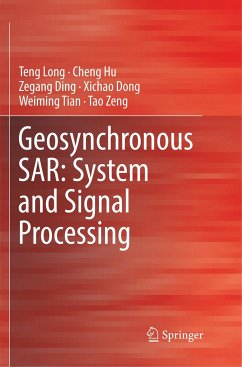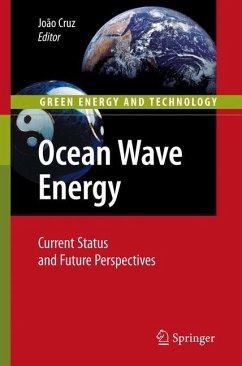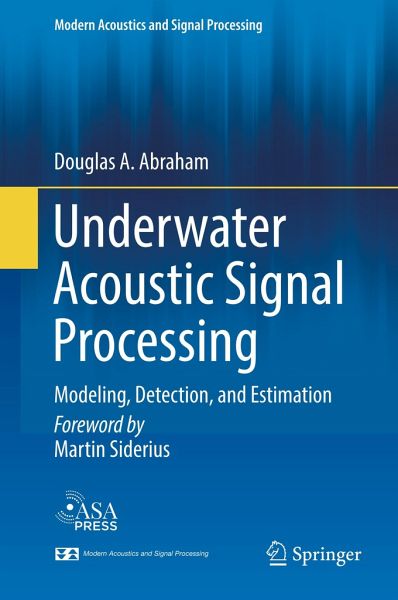
Underwater Acoustic Signal Processing
Modeling, Detection, and Estimation

PAYBACK Punkte
95 °P sammeln!
This book provides comprehensive coverage of the detection and processing of signals in underwater acoustics. Background material on active and passive sonar systems, underwater acoustics, and statistical signal processing makes the book a self-contained and valuable resource for graduate students, researchers, and active practitioners alike. Signal detection topics span a range of common signal types including signals of known form such as active sonar or communications signals; signals of unknown form, including passive sonar and narrowband signals; and transient signals such as marine mamma...
This book provides comprehensive coverage of the detection and processing of signals in underwater acoustics. Background material on active and passive sonar systems, underwater acoustics, and statistical signal processing makes the book a self-contained and valuable resource for graduate students, researchers, and active practitioners alike. Signal detection topics span a range of common signal types including signals of known form such as active sonar or communications signals; signals of unknown form, including passive sonar and narrowband signals; and transient signals such as marine mammal vocalizations. This text, along with its companion volume on beamforming, provides a thorough treatment of underwater acoustic signal processing that speaks to its author's broad experience in the field.





